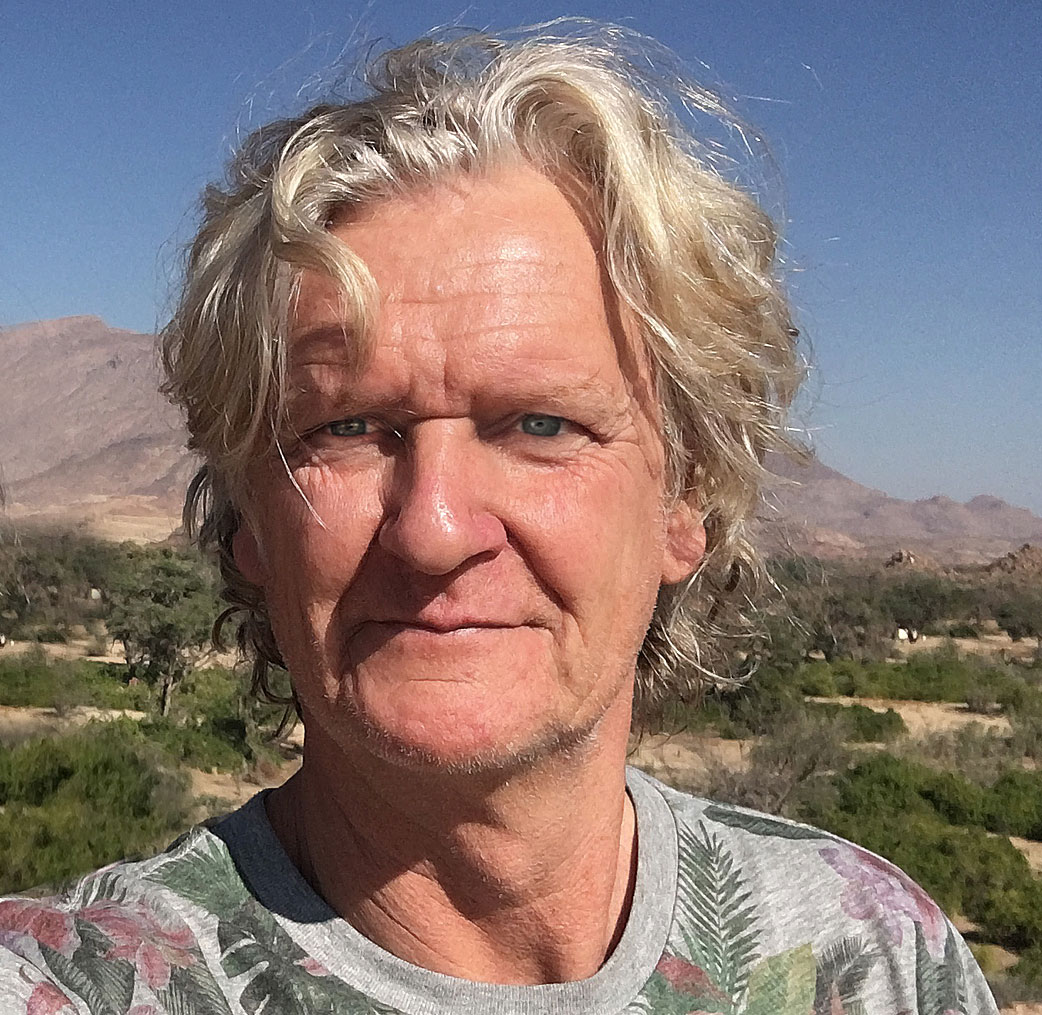
Who We Are
- Community Engagement: Recognizes the importance of engaging local communities in conservation efforts. Empowers local stakeholders by involving them in decision-making processes, respecting their knowledge of the land, and providing economic incentives for conservation.
- Collaborative Partnerships: Works collaboratively with governments, NGOs, businesses, and local communities to achieve conservation goals. Recognizes that conservation is a complex issue that requires collaboration across sectors and disciplines.
- Technology Integration: Embraces cutting-edge technologies such as drones, artificial intelligence, and remote sensors to enhance conservation efforts. These technologies can be used for wildlife monitoring, habitat restoration, and anti-poaching efforts.
- Innovation and Adaptability: Constantly seeks out new ideas and approaches to conservation. Is willing to take risks and experiment with innovative solutions, while also being adaptable and able to adjust strategies based on new information and changing circumstances.
- Education and Outreach: Places a strong emphasis on education and outreach to raise awareness about conservation issues and inspire action. Utilizes digital platforms, social media, and storytelling to reach a wide audience and engage people in conservation efforts.
- Data-Driven Conservation: Utilizes big data, satellite imagery, and advanced analytics to make informed decisions about conservation efforts. This includes monitoring wildlife populations, tracking deforestation, and assessing the impact of climate change.
- Long-Term Sustainability: Focuses on long-term sustainability by promoting conservation practices that are economically viable, socially equitable, and environmentally sound. Recognizes the interconnectedness of conservation with broader issues such as poverty alleviation, sustainable development, and climate resilience.
Overall, our next-generation conservation organization is a forward-thinking, collaborative, innovative, with a strong commitment to protecting biodiversity and ensuring a sustainable future for both people and the planet.

Vikela Team
Vision Statement
- Conservation Scientists: Experts in ecology, biology, zoology, botany, and other relevant fields who conduct research to understand ecosystems, species, and the impact of human activities on the environment.
- Data Analysts and Technologists: Professionals who specialize in data analysis, remote sensing, GIS (Geographic Information Systems), and other technologies to collect, manage, and analyse data for informed decision-making.
- Community Engagement Specialists: Individuals with experience in community development, social sciences, anthropology, or related fields who engage with local communities to build trust, facilitate collaboration, and empower stakeholders in conservation efforts.
- Policy Advocates and Legal Experts: Advocates who understand environmental policy, legislation, and international agreements, and can advocate for policies that promote conservation and environmental sustainability. Legal experts may also be needed to navigate regulatory frameworks and address legal challenges.
- Field Biologists and Conservationists: Professionals who work on the ground to implement conservation projects, conduct field research, monitor wildlife populations, and manage protected areas. This may include wildlife biologists, conservation officers, park rangers, and field technicians.
- Communications and Outreach Specialists: Individuals with skills in communication, marketing, and public relations who can raise awareness about conservation issues, engage the public through storytelling and digital media, and mobilize support for conservation initiatives.
- Partnership and Collaboration Managers: Professionals who excel at building strategic partnerships with governments, NGOs, businesses, academic institutions, and local communities to leverage resources, share knowledge, and coordinate efforts for maximum impact.
- Finance and Fundraising Experts: Individuals with experience in non-profit management, fundraising, grant writing, and financial planning who can secure funding, manage budgets, and ensure the financial sustainability of the organization.
- Policy-makers and Decision-makers: Leaders who can set strategic priorities, make informed decisions, and provide direction for the organization. This may include executive directors, board members, and senior managers with a deep understanding of conservation issues and organizational management.
- Innovators and Entrepreneurs: Visionaries who can think outside the box, identify new opportunities, and develop innovative solutions to conservation challenges. This may include entrepreneurs, inventors, and technology enthusiasts who can drive forward-thinking initiatives.

CEO and co-founder
Mike Brosnan
Mike blends corporate leadership with conservation advocacy. With over 25 years in business and a decade in consulting, he champions sustainability through initiatives like Wild Connection and Khusela Earth, driving efficient and collaborative interventions for global challenges. His career reflects a commitment to harmonizing economic development with environmental stewardship, positioning him as a leader in sustainable solutions.

CMO and co-founder
Claus-Steffen Braun

Director
Jessica Mc Master-Smit

Scientist
Dr Linda Penfold

Scientist
Professor Andre Ganswindt
Andre Ganswindt is the Director of the Mammal Research Institute, is a behavioural endocrinologist by training and Head of Endocrine Research Laboratory, Department of Zoology and Entomology, University of Pretoria, South Africa. He is also Oppenheimer Chair for Emerging African Scientists in Non-invasive Wildlife Research.

Scientist
Dr Bradley Schroder

Advisor
Hanna Snyman
Hannah has always been driven to protect the environment. In Grade 7, she dressed as a marine biologist for career day—lab coat, swim fins, and all.
After earning a Zoology degree at the University of Pretoria, she completed an Honours thesis on sea turtles at Nelson Mandela University, interned at SANCCOB, and supervised The Sharkwise Project in Umkomaas.
Now, as a marine biologist for White Shark Projects in Gansbaai, she educates clients and volunteers about sharks, marine ecosystems, and conservation.
Hannah khusela Earth because the ocean defines her, and she wants future generations to inherit thriving seas.

Project Management
Lizel Kimber

Advocacy
Nozipo Ndiweni

Film/Editor
Stuart Smith

Environmental Law – Finance
Carmen Dodd

Advisor
Captain Paul Watson

Advisor
Cathrine Cornwall-Nyquist

Advisor
Hannah Hopper

Advisor
Mary Rowlinson

